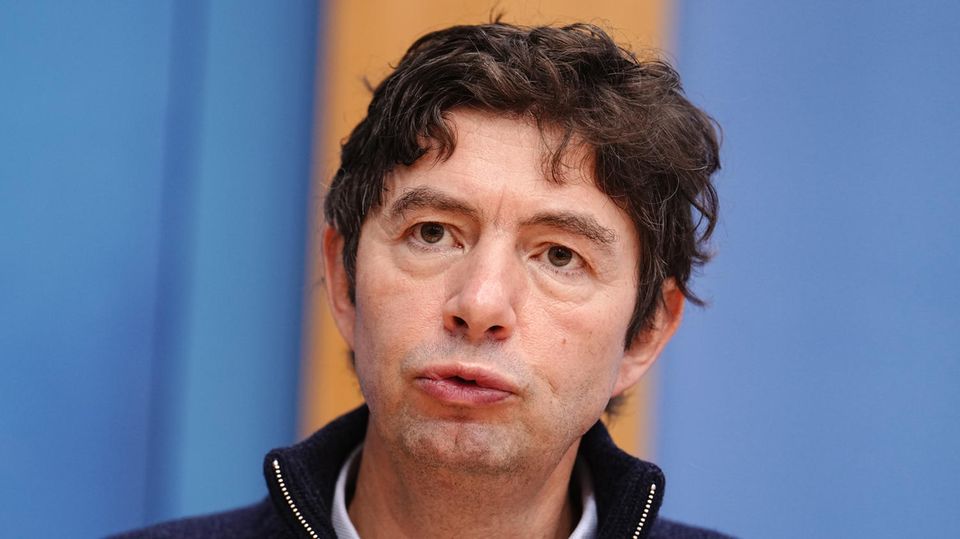opinion
Denmark has already lifted all corona restrictions. In Germany, on the other hand, people are still looking into the tube when it comes to loosening and “Freedom Day”. Therefore, a plan is now needed to get out of the measures, says our author.
When will this all be over? When can we dance together again in the club – without a mask, distance and corona test? When can we host the big family celebration again? When can we laugh out loud at the new comedy in a packed cinema again?
All questions that people in Germany have been asking themselves for months, if not since the beginning of the corona pandemic. And these days these questions will certainly be asked even more frequently. Because while other countries are relaxing or dropping the corona restrictions altogether, Germany remains a fortress of caution.
Denmark is leading the way. When is Germany’s turn?
Many people in Germany are probably looking longingly or even enviously at their northern neighbors to Denmark, where you can actually dance in the clubs again or go to the cinema without a test. Despite the high number of infections, the Scandinavian country has opened up. Because the vaccination rate is high enough, the situation in the intensive care units is no longer threatening.
And when is the time in Germany? Concretely, no one really wants to be. Minister of Health Karl Lauterbach (SPD) believes that easing will only be possible in a few weeks. On Sunday evening he said on Bild TV: “I think we will relax well before Easter.” He was “firmly convinced” of that. He adds a big “but”: the omicron wave must first have reached its peak. Whether there will actually be any easing “depends on where we are then.” At the moment he thinks loosening is “crazy”.
Baden-Württemberg’s Prime Minister Winfried Kretschmann (Greens) also spoke out against quick easing. Easing would “come of course” if the burden on the healthcare system allowed it, he said on Saturday. However, he could not “imagine an exit strategy before Easter”.
Germany now needs a plan to get out of the measures!
But that’s exactly what we need now – an exit strategy! And not just after Easter. Germany needs a concrete perspective. For two years this pandemic has been exhausting us. The silver lining on the horizon, they are visible, but still not tangible. A less vague formulation of when we can finally get back to normal life is what Germany is currently missing.
Having an exit strategy does not mean that you should simply open up and relax everything overnight. Germany is not in a position to do that at the moment, and you have to agree with Mr. Lauterbach. But an exit strategy means that you have a strategy for opening up, a plan for the whole misery. This can be specific data. Or certain benchmarks, such as the vaccination rate, hospitalization, the situation in the intensive care units. New findings on the dangers of omicron should also play a role.

A phased plan as an exit strategy would be conceivable
Based on these numbers, data and facts, a step-by-step plan could be drawn up as to when and how to relax and open. When 2G will be abolished, when the mask, when the contact restrictions. And that should be done now rather than later. If we don’t talk about when we open how until after Easter, we may just unnecessarily prolong the restrictions.
This is also important for another reason. Because if there is no prospect of opening, no ray of hope for the many millions of people in this country who have been following the rules and have been vaccinated for two years, then there is a risk that they will become even more frustrated. This carries the risk that at some point they will simply ignore the corona rules and relax them themselves. In the worst case, they may even lose confidence in politics. And you really shouldn’t gamble away that in a pandemic.
Source: Stern
David William is a talented author who has made a name for himself in the world of writing. He is a professional author who writes on a wide range of topics, from general interest to opinion news. David is currently working as a writer at 24 hours worlds where he brings his unique perspective and in-depth research to his articles, making them both informative and engaging.




